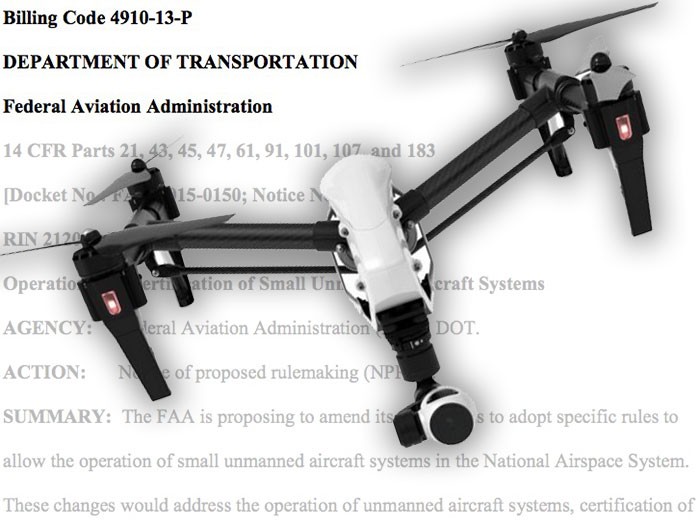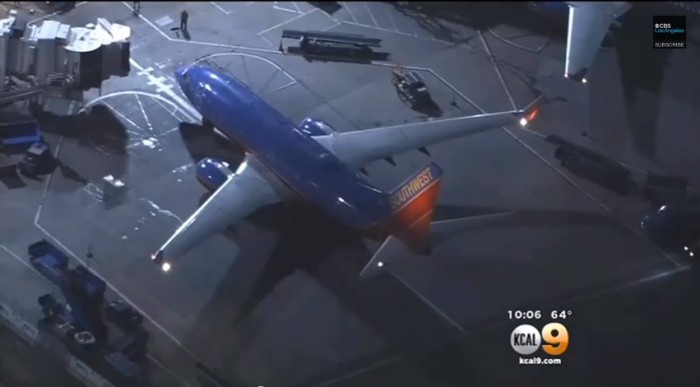
Drones are literally everywhere. As I drove through my neighborhood a few days ago, I saw a teenager flying what looked to be a DJI Phantom in his front yard and just a couple dozen feet from my car as I passed by. Drones have gone from a very niche and expensive hobby interest toward a mainstream consumer and commercial success. And it’s only just begun.
The storylines continue to focus on the FAA’s regulations and the public’s restrictions as the technology is far out-pacing the legal and regulatory guidelines. While there is a loose framework for registration in place for the general public and their personal use of drones, legitimate technological restrictions are hardly competent to keep a drone from either accidentally or intentionally causing a major catastrophe.
As it stands now, we are still living in the wild west of the drone tech boom. Just about anyone can fly a drone just about anywhere – regardless of whether there are regulatory restrictions in place or not. The FAA is woefully undermanned to address all of the reported violations and local law enforcement remains untrained on the regulations and/or completely lack jurisdiction to enforce those regulations.
This is all a recipe for disaster.
There are likely upwards of a couple million or more consumer drones in the hands of the public today. Zero training is required to fly a drone. Although, the FAA mandates drone registration, only around 300,000 drones have been registered as of mid-January 2016.
In the current regulatory, enforcement and prevention climate, I fear that it is only a matter of time before someone flies a drone into a major airliner (we’ve already had close calls) or someone uses a drone for terroristic purposes to deliver some sort of explosive into a crowded area.
What happens then?
How does the government address the fear of another major catastrophe? How can it control a technology that is beyond its own capability to control?
As tragic as such events would be, it could also be incredibly crippling to the multi-billion dollar drone industry. The chilling effect that a major tragedy would have on our recreational use of drones would likely drive several smaller drone companies out of the market and set the market back several years.
Just imagine for a second and you can see the headlines play out and hear the talking heads opine on “what should be done” after a major drone tragedy. The knee-jerk reaction that I think all drone users fear the most is an outright ban on all drone use. While such a ban might be “temporarily” implemented to address gaping holes in drone regulation and enforcement, I don’t think we would ever again see the free reign that most of us enjoy today. Even with the restrictions currently in place, it could get a whole lot tougher if the wrong things happen from just one person’s actions.
Whether accidental or intentional, I don’t know that anyone is prepared to argue for more lenient use of drones in the face of a drone-related tragedy that takes the lives of so many people.
What do you think? Can a major drone catastrophe be avoided? Or is it inevitable at this point? What can the FAA, drone manufacturers and individuals do to prevent that going forward?
